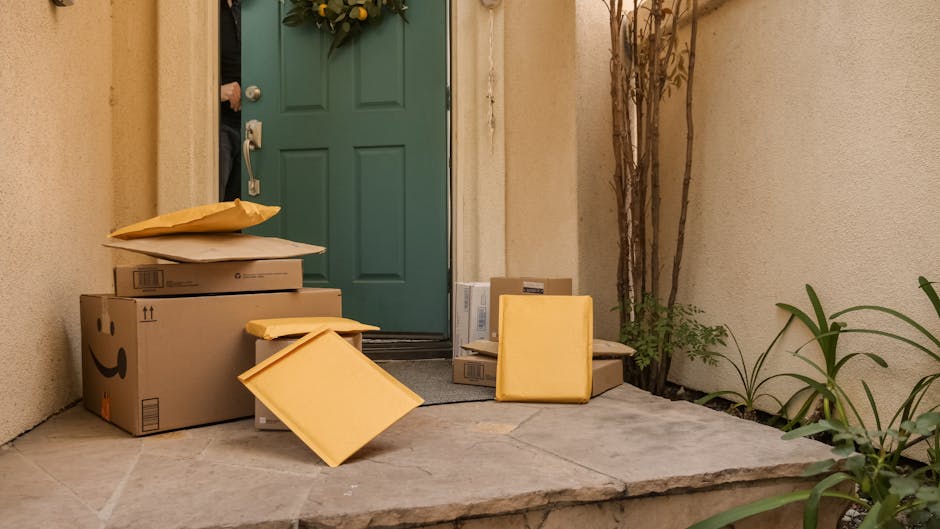In a world increasingly dominated by convenience, plastic has become a staple in our daily lives. From the packaging of our food to the bottles we drink from, it seems as though plastic is inescapable. However, beneath its surface lies a disturbing reality that many of us remain unaware of: the potential health risks and environmental consequences of our plastic consumption. As we navigate through our busy lives, it’s essential to understand the hidden dangers associated with these ubiquitous materials.
The excitement of modern life often blinds us to the risks we take in our consumption habits. We may feel a sense of relief when we grab a plastic water bottle on a hot day or enjoy a quick meal from a plastic container, but what we may not realize is that these seemingly harmless products could be leaching harmful chemicals into our bodies and the environment. This article aims to shed light on the complex relationship we have with plastic and the urgent need for awareness and action.
One of the most alarming aspects of everyday plastics is the presence of chemicals such as bisphenol A (BPA) and phthalates, which have been linked to various health issues, including hormonal imbalances, reproductive disorders, and even certain cancers. These substances can seep into our food and beverages, especially when heated or stored for long periods. While regulations have been implemented to limit the use of these chemicals, they still persist in many products, leaving consumers vulnerable to their effects. This reality raises concerns about the long-term implications of our plastic-laden lifestyles.
Furthermore, the environmental impact of plastic waste cannot be overstated. Each year, millions of tons of plastic end up in our oceans, harming marine life and disrupting ecosystems. The Great Pacific Garbage Patch, a massive accumulation of plastic debris, serves as a stark reminder of our consumption habits and their consequences. As we continue to produce and discard plastic at alarming rates, the planet bears the brunt of our convenience-driven choices. The sight of turtles choking on plastic straws or seabirds feeding their chicks bits of plastic is a haunting reminder that our actions have real-world consequences.
Despite the grim outlook, there is hope. Awareness is the first step toward change, and many individuals and organizations are working tirelessly to combat the plastic crisis. From advocating for bans on single-use plastics to promoting sustainable alternatives, a growing movement is emerging to encourage responsible consumption and environmental stewardship. Simple actions, like carrying reusable bags, bottles, and containers, can significantly reduce our plastic footprint and inspire others to follow suit. The power to make a difference lies within each of us, and collective action can lead to meaningful change.
As we reflect on the hidden dangers of everyday plastics, it’s crucial to recognize that knowledge is power. By educating ourselves and making informed choices, we can protect our health and the planet for future generations. The journey toward a plastic-free world may seem daunting, but with determination and collaboration, we can pave the way for a healthier, more sustainable future. Let us embrace the challenge, transforming our relationship with plastic and fostering a deeper connection with the environment around us.

